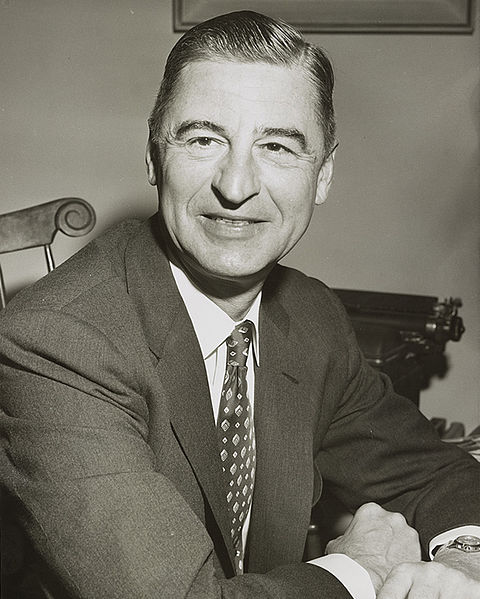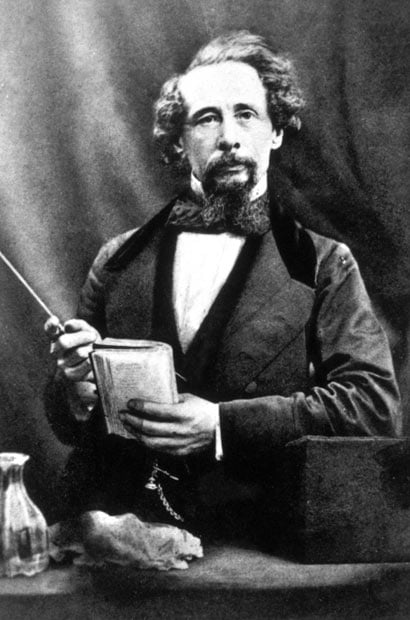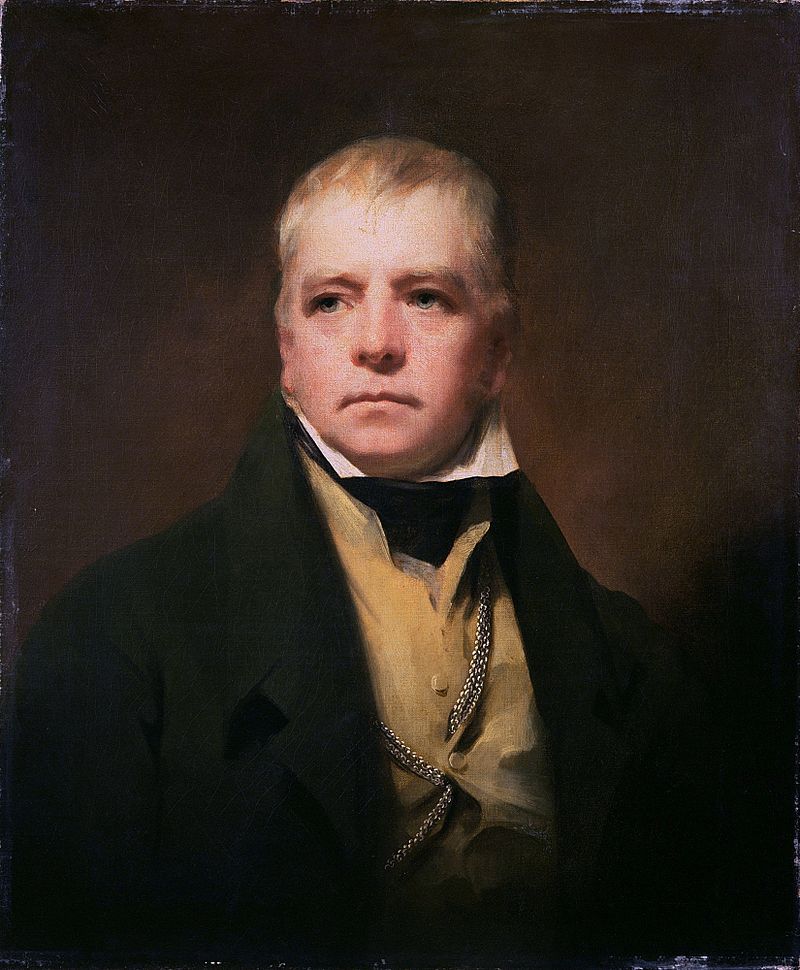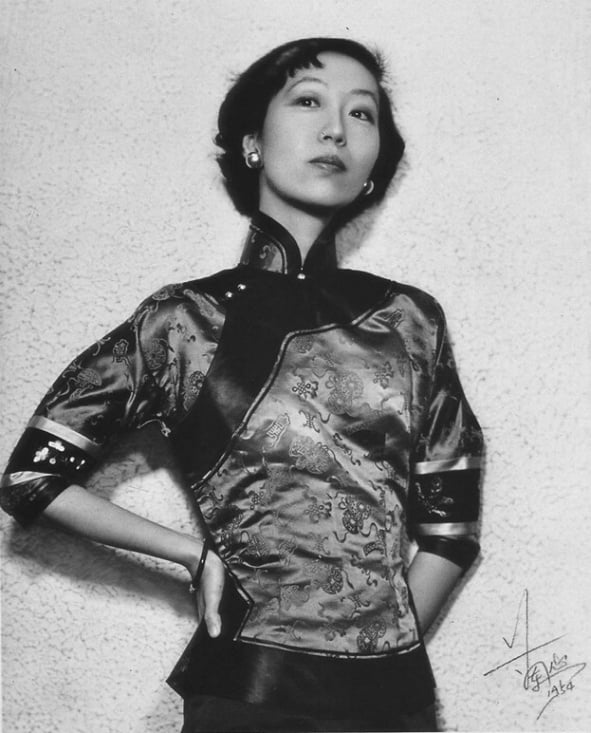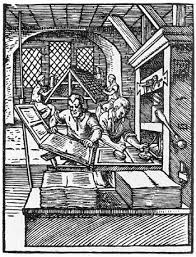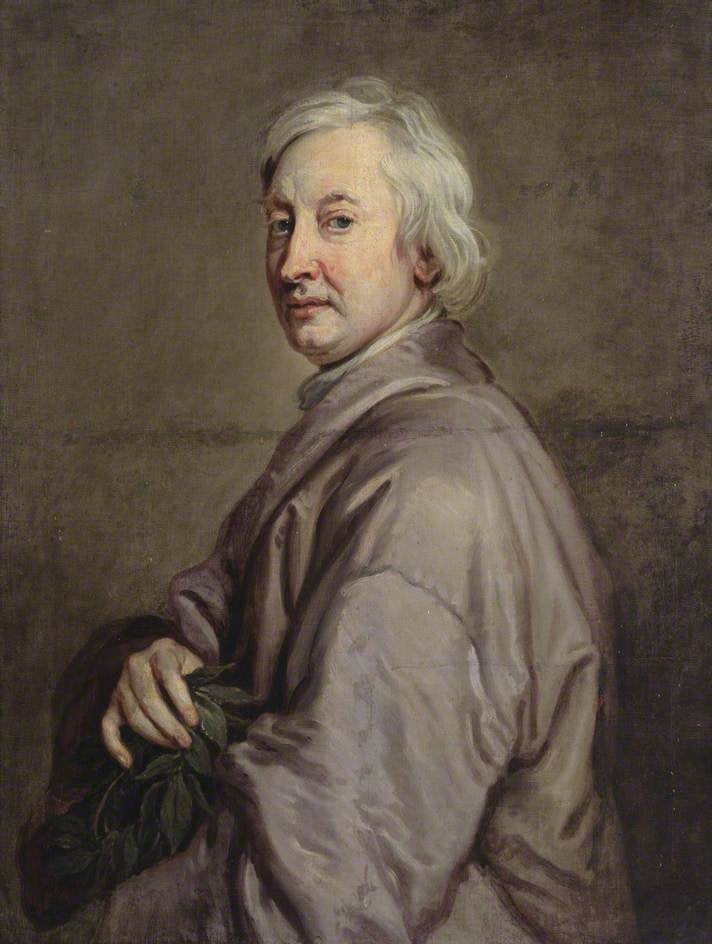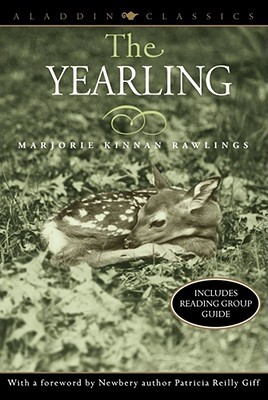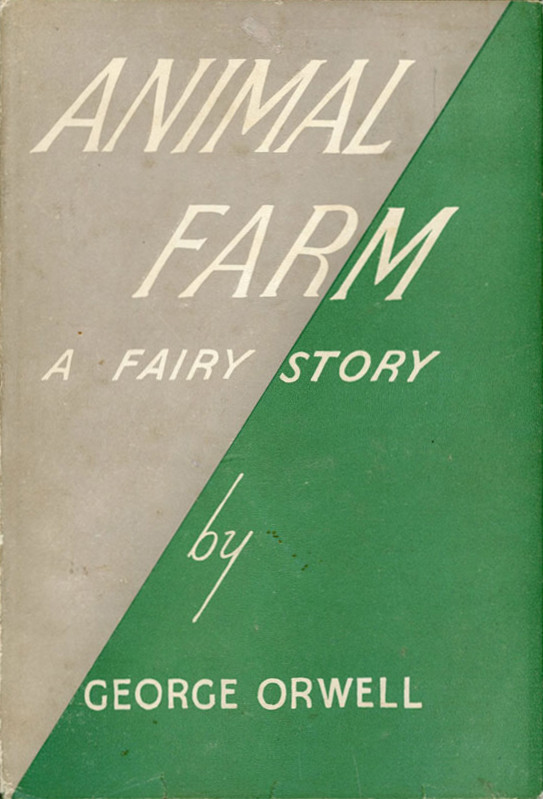Britain has a very long literary history, indeed. Yet when we think about British literature, the recent and rich supply of British immigrant fiction doesn’t immediately jump to mind for most readers. We’d like to change that. What does British literature in the twenty-first century look like? In large part, it reflects the harms of British imperialism and the effects of decolonization in the twentieth century. At the same time, works of immigrant literature from England also reflect the advantages of a globalizing world and the possibilities of movement to, from, and around the metropole of London.
us toll free: 1-800-948-5563 international: +1 (843) 849-0283 UK: +44 (0) 1334 260018





